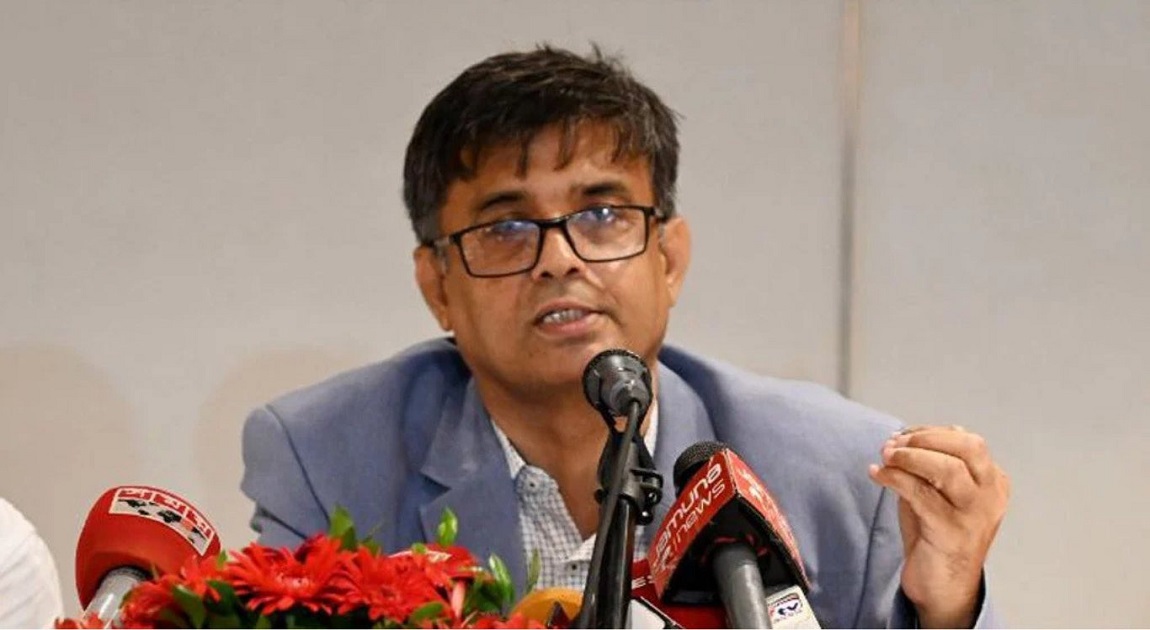Chief Adviser’s Press Secretary Shafiqul Alam has claimed that the interim government has maintained minimal interference in media freedom, in contrast to the previous government led by the Awami League.
Speaking at a discussion on media reform in Dhaka on Saturday, Shafiqul criticized the former administration, stating that journalists previously faced significant restrictions.
“There used to be a deputy press secretary at the PM`s office who acted like a ‘monster.’ Everything had to go through them—what could or couldn’t be published,” he remarked. “We don’t want to go back to that situation. We want institutional press freedom in Bangladesh.”
He stressed that the interim government has not used administrative, legal, or intelligence agencies to pressure the media.
He also highlighted significant changes regarding freedom of expression during the current administration’s tenure.
Referring to the now-repealed Digital Security Act, Shafiqul said, “The DSA was like a sword hanging over journalists. Over 7,000 cases were filed under it, mainly to suppress freedom of speech.”
He added that the act, as well as the newly introduced Cyber Security Ordinance, was widely discussed before implementation. “We consulted with all relevant groups. No one can claim their freedom of expression has been attacked under the new law,” he said.
Shafiqul further accused the previous government of using intelligence agencies, including the DGFI, to instill fear in the media.
“They created a culture of fear to silence voices. We have ended that,” he said. “We’ve instructed that no intelligence agency should call or threaten any journalist.”
As a former journalist himself, Shafiqul assured media professionals that the government has mechanisms to respond to misinformation, but threats will not be tolerated.
“If you receive any threats, let us know. Just because it hasn’t happened recently doesn’t mean it won’t happen again. Be vocal about it,” he urged.
Reflecting on the past 15 years under the Awami League, he said the media had largely failed in its duties. “
People who suffered during that time have the right to protest now. When they do, some label it as mob behavior—but it is within their rights,” he said.
Other speakers at the event included Professor Giti Ara Nasreen from the Media Reform Commission, Jamuna TV CEO Fahim Ahmed, Broadcast Journalists Center President Rezwanul Haque Raja, and Secretary Elias Hossain.















-20260221022942.jpg)
-20260221022827.webp)
















